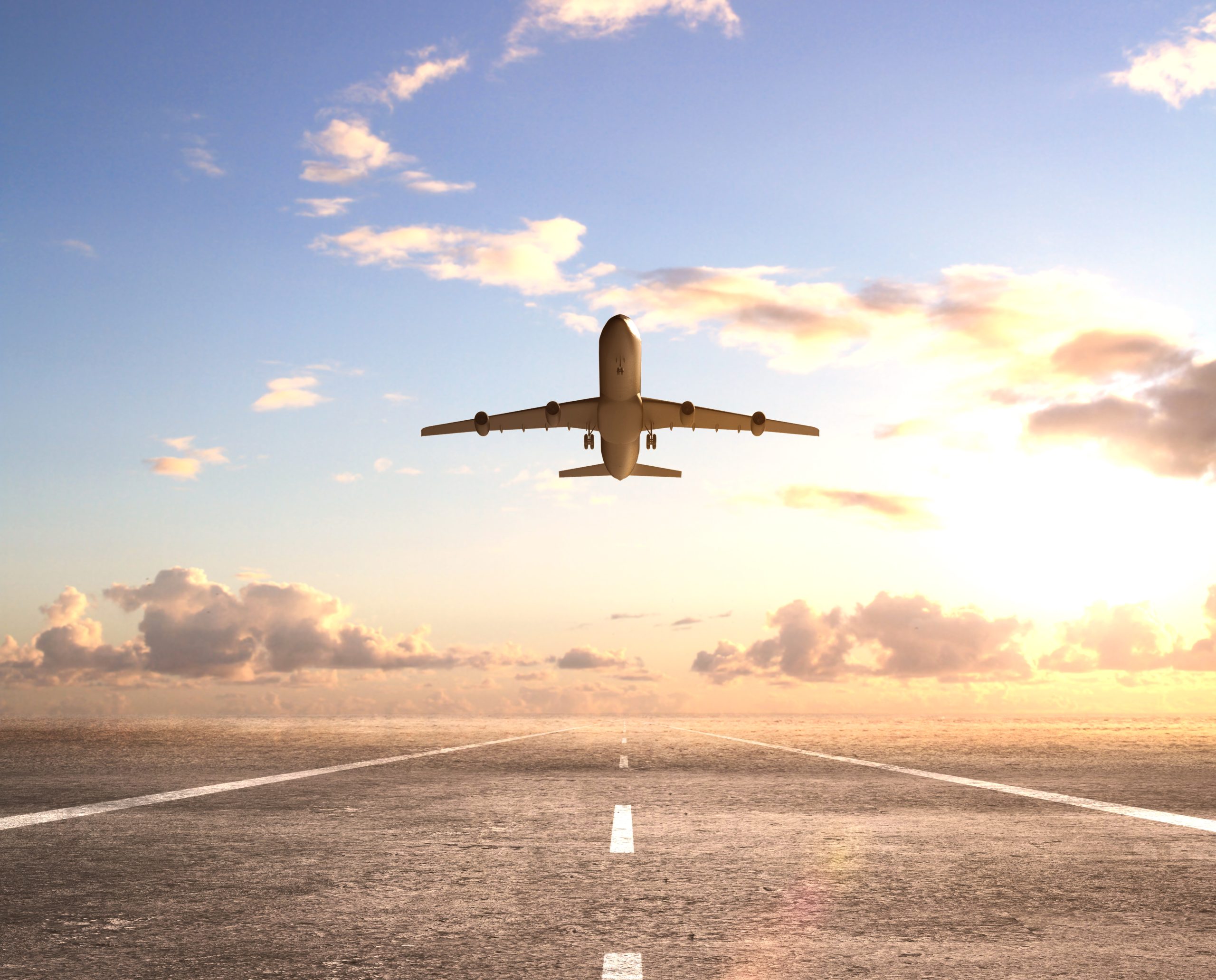Middle East aviation sector resumes activity

Recovery sought through commercial flights as region faces losses of $4.8bn
The Middle East’s aviation sector has resumed activity as the region’s largest carriers seek to kickstart recovery amid the Covid-19 pandemic.
The risks of the illness have yet to be mitigated, and the lack of a vaccine against the new coronavirus means precautionary measures continue to be enforced in most global travel markets.
However, grounding flights is no longer an option for commercial carriers, which in the Middle East could face losses of up to $4.8bn in 2020.
Lower oil prices will add extra pressure to a difficult economic situation within the region, according to the International Air Transport Association (IATA).
Revenue passenger kilometres could decline by 56.1 per cent in the Middle East this year, with available seat kilometres reducing by 46.1 per cent.
Recovery for the region’s super-connectors, all of which have confirmed job losses in the past month, could be delayed, largely due to the expected phasing of the restart of domestic and regional flights, followed by long-haul international routes.
Latest resumptions
The most notable plans to resume commercial flights in the region emerged in the UAE last month.
On 13 May, flag carrier Emirates revealed plans to start scheduled flights to nine cities from 21 May and this number has increased to 30 since then.
This includes destinations in Europe (London Heathrow, Manchester, Frankfurt, Paris, Milan, Madrid, Zurich, Vienna, Amsterdam, Copenhagen and Dublin), the Americas (New York JFK, Chicago and Toronto), and the Asia-Pacific (Seoul, Kuala Lumpur, Singapore, Jakarta, Taipei, Hong Kong, Perth and Brisbane, Sydney, Melbourne and Manila).
Emirates has received approvals to carry passengers on flights to Kabul from 25 June, and since 8 June has been offering flights from Karachi, Islamabad and Lahore for Pakistani travellers flying to other destinations covered by the airline.
On 3 June, the UAE government confirmed that transit flights would resume at Abu Dhabi, Dubai and Sharjah international airports.
These flights will be operated by local carriers Etihad, Emirates, Flydubai and Air Arabia.
Dubai International airport suspended passenger flights to and from the UAE – including inbound, outbound and transit operations – from 24 March.
Saudi Arabia suspended all international flights from 15 March and domestic flights from 21 March to curb Covid-19.
Domestic flights resumed in Saudi Arabia on 31 May, with all local destinations planned to be covered within two weeks.
In the initial stage, flights commenced to Riyadh, Jeddah, Dammam, Medina, Qassim, Abha, Tabuk, Jazan, Hail, Al-Bahah and Najran.
Another five airports opened on 9 June in the kingdom.
There is no tried and true playbook for a recovery from Covid-19. Depending on how the pandemic evolves, knowledge of the virus deepens, or science improves, industry and governments will be better prepared for a globally coordinated response
Alexandre de Juniac, IATA
Planned resumptions
On 8 June, Oman’s Ministry of Transport was reported to have submitted a plan to resume flights in the country to the Supreme Committee in charge of Covid-19.
In Qatar, flights will resume under the third of a four-phase programme to gradually reopen the economy. Doha will focus on passengers from low-risk countries when its third phase kicks off in August.
Countries in the wider Mena region are also eyeing flight resumptions. Cairo was mulling the restart of aviation activity as of 1 June, and Beirut’s Rafik Hariri International airport is expected to reopen in July.
The conversation to resume flights is also under way in Jordan. However, a reopening date has yet to be set for local airports, chairman of the commissioners’ board at Civil Aviation Regulatory Commission, Haitham Mesto, said on 2 June.
IATA said on 9 June that passenger revenues are expected to fall to $241bn in 2020 from $612bn in 2019 due to Covid-19.
However, travel demand will recover provided flyers have confidence in their personal financial situation and the measures taken to keep travellers safe, according to Alexandre de Juniac, IATA’s director general and CEO.
He added: “There is no tried and true playbook for a recovery from Covid-19. Depending on how the pandemic evolves, knowledge of the virus deepens, or science improves, industry and governments will be better prepared for a globally coordinated response.
“That includes the potential removal of measures when it is safe. That will give airlines some breathing room to rebuild demand and repair damaged balance sheets,” said De Juniac.


